DNA
Latest

US court let police search GEDmatch's entire DNA database despite protections
Michael Fields, a detective from the Orlando Police Department, has revealed at a police convention that he secured a warrant to search the full GEDmatch database with over a million users. Legal experts told The New York Times that this appears to be the first time a judge has approved this kind of warrant. New York University law professor Erin Murphy even told the publication that the warrant is a "huge game-changer," seeing as GEDmatch restricted cops' access to its database last year. "It's a signal that no genetic information can be safe," the professor said.
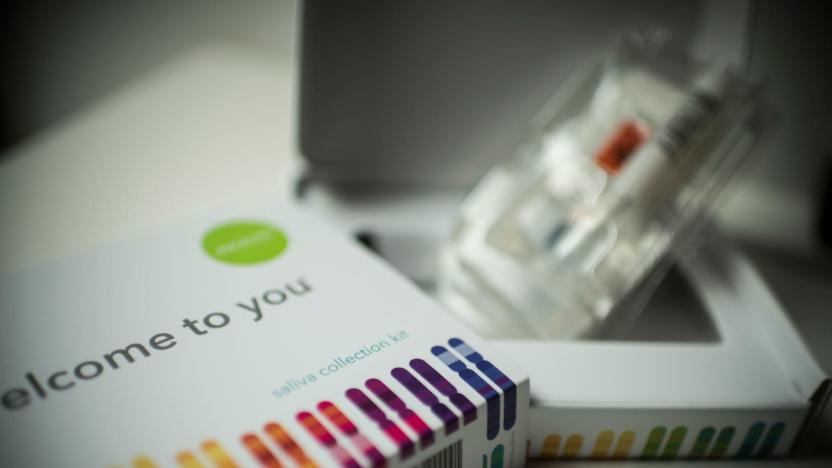
23andMe's VIP service includes a one-on-one chat to explain your DNA
How does a DNA testing service like 23andMe convince you to shell out more when the base results are the same? By rolling out the red carpet, it seems. The company has introduced a $499 VIP Health + Ancestry Service that includes two Health + Ancestry kits, faster lab processing, overnight shipping, a year of "premium" support and, crucially, a 30-minute one-on-one walkthrough of your Ancestry results. Effectively, 23andMe wants to offer a concierge for your genes.
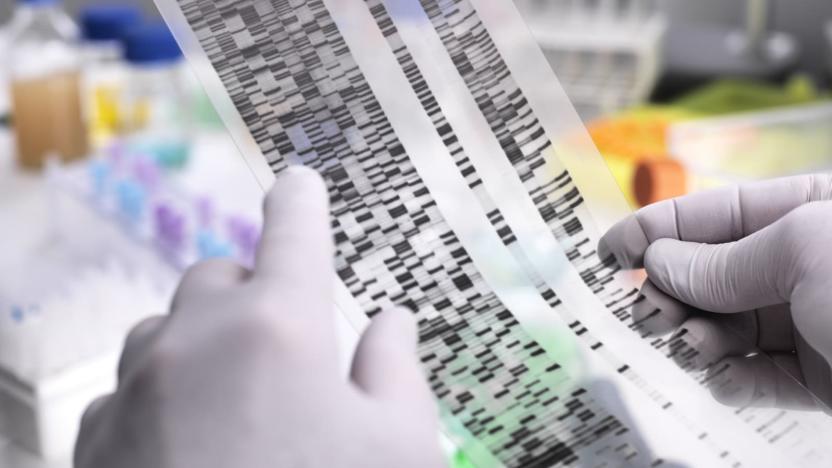
Justice Department sets rules for using genealogy sites to solve crimes
Investigators have used genealogy sites to solve a string of cold cases in recent years, but the US hasn't really had a firm stance on how and when to use those sites. There's now a basic framework in place, however. The Justice Department has established interim rules that determine how this forensic genetic genealogy can be used to tackle unsolved violent crimes. Officials portray it as striking a balance between the desire to solve crimes with the protection of privacy and civil freedoms.
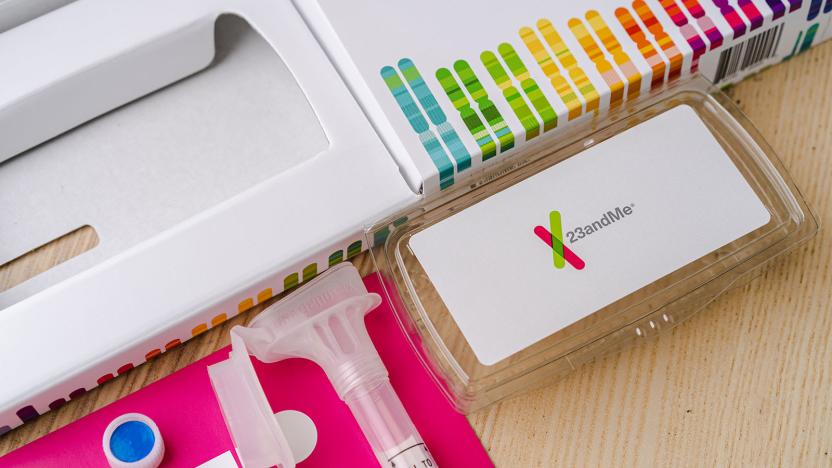
How secure is DNA testing?
Scientists only mapped the human genome 16 years ago, but today you can get a basic test of your genetic code from Walgreens. It's estimated some 26 million people have already sent their spit to direct-to-consumer DNA-testing companies, and the number is predicted to multiply to 100 million by 2021.
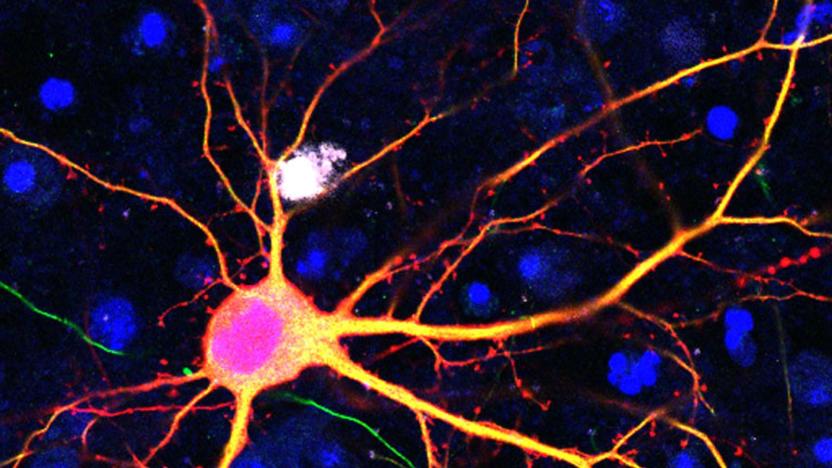
Gene editing tool could treat many diseases created by mutations
The use of gene editing to eliminate diseases has numerous challenges, including the not-so-small problem of dealing with mutation-based conditions like Huntington's. Existing approaches that replace the gene could cause damage. Salk Institute scientists say they've created a tool that can perform edits when mutations are at work. SATI (Single homology Arm donor mediated intro-Targeting Integration) builds on HITI, a variant of the familiar CRISPR-Cas9 gene editing technique, deals with mutations by inserting a healthy copy of a troublesome gene into the non-coding region of DNA. As the DNA repairs itself, the normal gene integrates into the genome alongside the old one -- it eliminates the harm from the mutation without taking risks.

Recommended Reading: Taylor Swift and Spotify are... best friends?
Taylor Swift is getting friendly with Spotify ahead of her new album, 'Lover.' Times have changed. Tim Ingham, Music Business Worldwide Not too long ago, Taylor Swift shook off Spotify, pulling her entire catalog from the service and slamming music streaming as "a grand experiment." Nearly five years later, amid a huge blow up with her former label, she's mighty cozy with the Sweden-based company that went public in 2018. It looks like the two sides have put aside their bad blood -- for now.
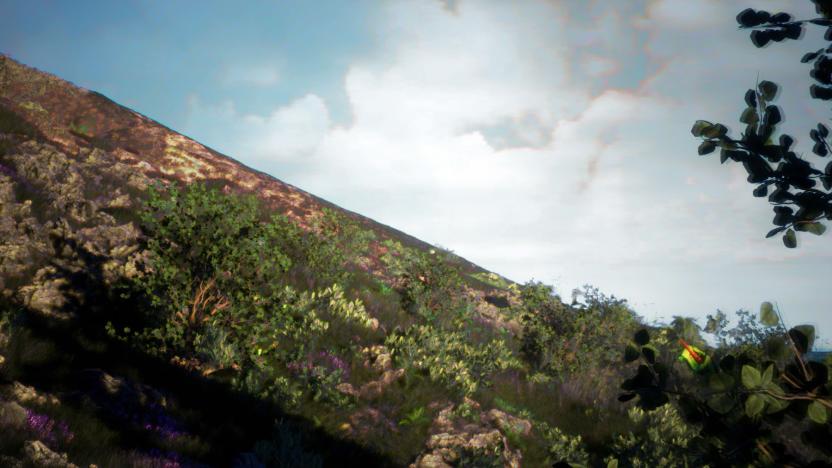
Science has brought back the scent of a long-dead flower
We've lost some parts of our natural world. Swathes of plants and animals have been consumed by evolution, shifting climates or the often-damaging expansion of humankind.

Gene-modified viruses rescue patient from drug-resistant 'superbug'
Doctors normally resort to bacteriophages (bacteria-killing viruses) to kill antibiotic-resistant "superbugs" only when they've run out of options, in part because it's difficult to find the ideal example. It can take months or more just to find a viable candidate. However, they might have a faster solution -- researchers have successfully used genetically modified viruses to treat a chronic, resistant infection in a teenage girl who otherwise faced a bleak prognosis following a lung transplant.

Microbiome testing startup faces FBI investigation over billing
Another lab testing startup is facing legal scrutiny, albeit not for the same reasons as Theranos. The Wall Street Journal has learned that the FBI is investigating uBiome, a firm that tests microbiomes (the communities of organisms in your body) to inform your health decisions, over its "billing practices." Agents reportedly conducted a search of uBiome's offices on April 26th, with the FBI confirming that it had visited the address.

Hitting the Books: How calculus is helping unravel DNA's secrets
Welcome to Hitting the Books. With less than one in five Americans reading just for fun these days, we've done the hard work for you by scouring the internet for the most interesting, thought provoking books on science and technology we can find and delivering an easily digestible nugget of their stories.

Tiny light-up barcodes help researchers identify DNA molecules
How do you identify one molecule among tens of thousands? Traditionally, scientists dye molecules in various colors. But what if each individual molecule had its own unique identifier? Researchers at Duke University are trying to make that a reality by labeling molecules with short strands of light-up DNA. The team discussed their invention, which they deem "temporal barcodes", in a paper published this month in the journal ACS Synthetic Biology.

Recommended Reading: The end of 'Game of Thrones'
'Game of Thrones' season 8 showrunners interview: 'This is where the story ends' James Hibberd, Entertainment Weekly Winter is here. HBO's powerhouse Game of Thrones returns for its final season this weekend, signaling the beginning of the end (at least for now) of the stories of Westeros. Entertainment Weekly sat down with the showrunners for season 8, David Benioff and Dan Weiss, who are also the masterminds behind much of the show's narrative arc. The pair promises they'll be in an "undisclosed location" when the final episode airs, "turning off our phones and opening various bottles."
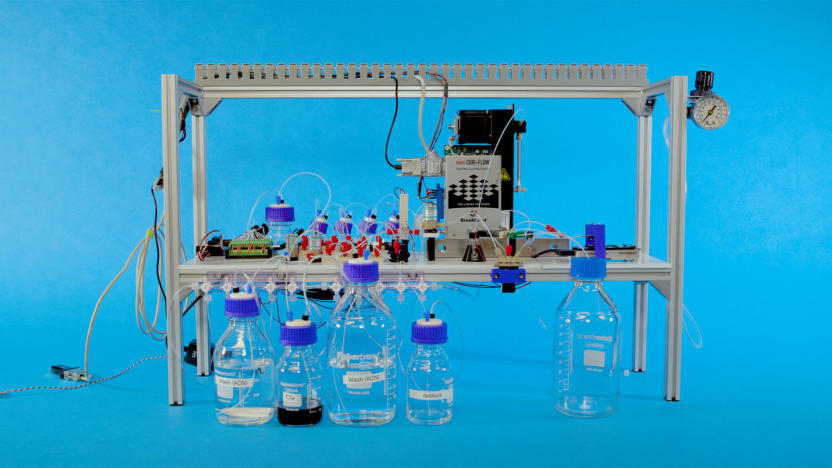
Microsoft device stores digital info as DNA
Microsoft is on its way to replacing data centers with DNA. The company and researchers from the University of Washington have successfully automated the process to translate digital information into DNA and back to bits. They now have the first, full end-to-end automated DNA storage device. And while there's room for improvement, Microsoft hopes this proof-of-concept will advance DNA storage technology.
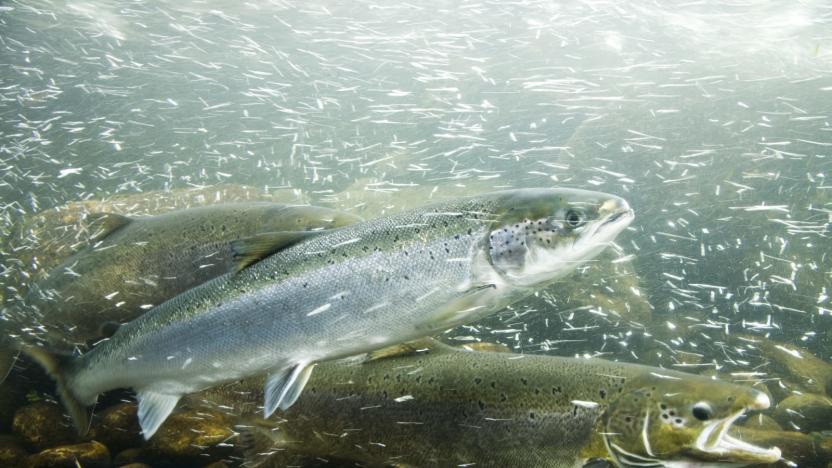
FDA removes restrictions on genetically modified salmon
Genetically modified fish are about to become more of a practical reality in the US. The Food and Drug Administration has lifted an import alert on AquaBounty's genetically modified AquAdvantage salmon eggs, allowing the fish to reach the US over three years after they received initial approval. Congress told the FDA in 2016 to block modified salmon until it issued labeling guidelines, and the Administration believes Congress' newly-enacted National Bioengineered Food Disclosure Standard meets that criteria.
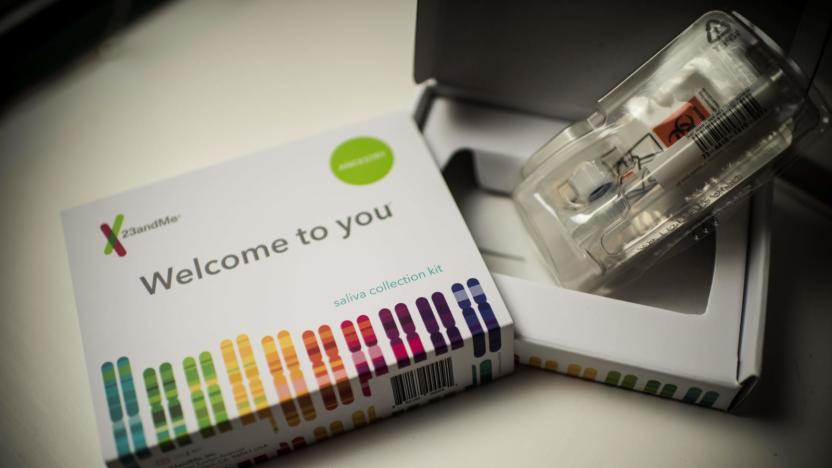
23andMe says gene report can detect the risk of type 2 diabetes
23andMe is betting that its gene testing kits can help identify another major health risk: diabetes. The company plans to offer a report that identifies your genetic predisposition toward type 2 (that is, adult onset) diabetes. Unlike the company's earlier reports, the test provides a polygenic score based on gene variant research data from roughly 2.5 million customers, 70,000 of which reported diabetes -- it's not relying on any public information. Ideally, this would help you change your diet and habits to reduce the chance of developing diabetes.
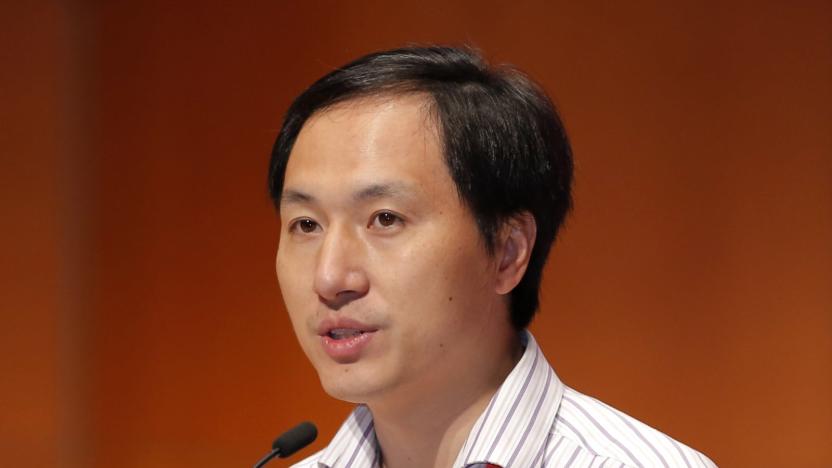
China detains scientist who claims to have made gene-edited babies
China was quick to halt the work of scientist He Jiankui after he claimed to have created the first genetically edited babies, but that apparently wasn't enough. After weeks of uncertainty surrounding He's whereabouts, the New York Times has learned that the government has placed the researcher under house arrest at a housing facility in the Southern University of Science and Technology in Shenzhen. He can make calls and send emails, but he can't leave. Guards prevent people from getting close to either He's de facto residence or the offices involved in his research.

Ancestry hopes you'll share your DNA for a custom Spotify playlist
What would your music selection sound like if it reflected every last bit of your genealogy? Ancestry can tell you... if you're willing to shed some control. The company has partnered with Spotify to offer custom playlists based on your genetic heritage. It's fairly straightforward on the surface: once you've received your results from an AncestryDNA test, you can visit a website to generate a playlist based on the regions that represent your genetic code. You may hear A Tribe Called Red if you have native North American roots, for instance, or Papa Wemba if you have certain African lineage.
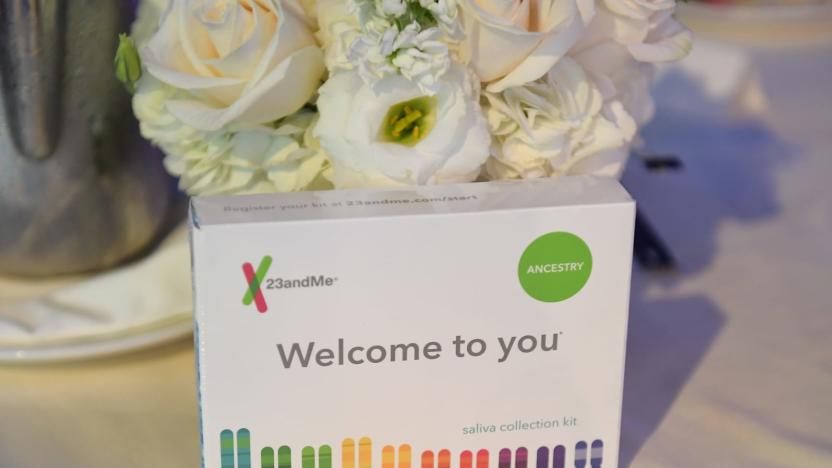
23andMe, Ancestry and others agree to genetic privacy guidelines
A number of genetic testing companies, including 23andMe and Ancestry, have signed onto a set of guidelines that aim to address consumer privacy concerns, the Washington Post reports. The privacy best practices, drafted alongside the Future of Privacy Forum, state that companies should acquire "separate express consent" from customers before handing over their individual-level information -- like genetic data and personal information -- to certain third parties. It also says companies should disclose how many requests for information they receive from law enforcement. MyHeritage, Habit and Helix have agreed to the voluntary guidelines as well.
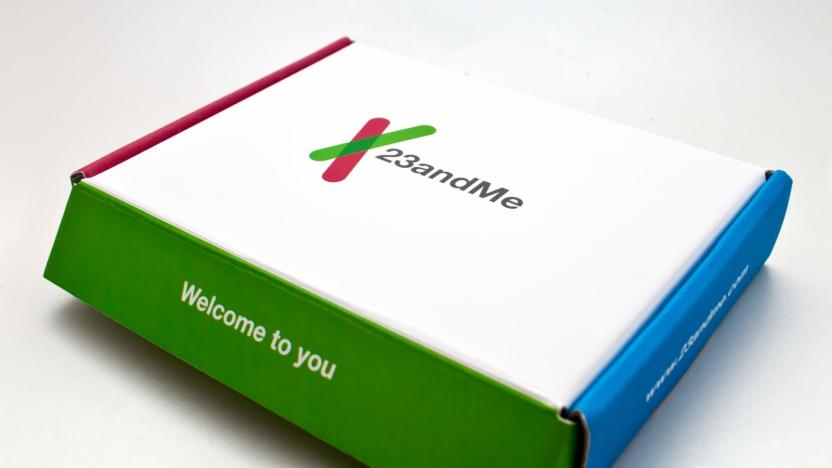
GSK to use 23andMe’s DNA library in drug development
DNA testing company 23andMe has partnered with pharmaceutical giant GlaxoSmithKline (GSK), in a bid to develop new drug treatments. 23andMe, which gives customers insight into their genetic makeup via postal saliva tests, has some five million customers -- a potential DNA database considerably larger than those generally available to the scientific community. "By working with GSK, we believe we will accelerate the development of breakthroughs," 23andMe CEO Anne Wojcicki wrote in a blog post.

CRISPR might cause more unintended DNA damage than we thought
A new study published today in Nature Biotechnology warns that CRISPR may not be the ultra-specific gene editor we've believed it to be. With CRISPR-Cas9, researchers can find particular sequences in a cell's DNA and cut them at a specified spot. The cell can then repair the DNA where it was cut and scientists have been attempting to use this technique to treat all sorts of diseases and disorders including ALS, Huntington's disease, HIV and sickle cell disease. The method has been thought to be rather specific, allowing scientists to target and remove only certain sequences while leaving surrounding DNA intact. But this new study says that CRISPR-Cas9 gene-editing might be causing more damage than previously reported.









